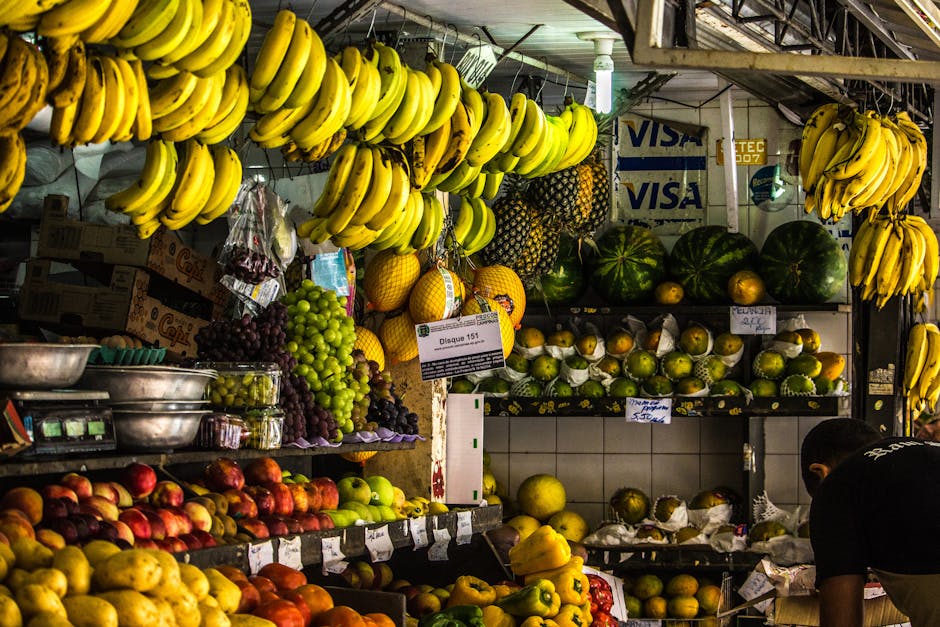

The free import of biofuels will now be allowed only for non-fuel purposes as the Indian government, through an amendment in the import policy, has imposed restrictions on biofuel imports.
The government, earlier this month, reiterated its plans to invest Rs 10,000 crore to build 12 biofuel refineries in the next four years, which will help it save Rs 12,000 crore of import bills.
“Import policy of biofuels revised from ‘free’ to ‘restricted’ and allowed for non-fuel purposes on an actual user basis as per the National Biofuel Policy,” a notification from the Directorate General of Foreign Trade (DGFT) said.
The restriction order will include import of ethyl alcohol and other denatured spirits, biodiesel, petroleum oils and oils obtained from bituminous minerals other than crude. The import of these items, which was free earlier, will now be allowed only for non-fuel purposes on an actual user basis.


In May this year, the Cabinet had approved the National Policy on Biofuels, which allows mixing of ethanol produced from damaged food grains, rotten potatoes, corn and sugar beet with petrol. The government claimed that the move will cut oil imports by Rs 4,000 crore this year alone.
However, questions are being raised on the lack of transparency in adopting the policy both in terms of technology and funding.
The policy proposes a viability gap funding scheme for 2G ethanol bio-refineries of ₹5,000 crore in six years in addition to tax incentives and higher purchase price compared to 1G biofuels. To extend financial and fiscal incentives, the policy categorises biofuels as ‘Basic’, that is, First Generation (1G) including bio-ethanol and biodiesel; ‘Advanced’ or Second Generation (2G) covering ethanol, Municipal Solid Waste (MSW) and drop-in fuels; and Third Generation (3G) such as bio-CNG, etc.
The government is highlighting the fact that it is investing significantly in the effort to transform biomass into biofuel and that there is a plan to set up 12 modern refineries for generating advanced biofuels (2G) across 11 States — Punjab, Haryana, Uttar Pradesh, Madhya Pradesh, Bihar, Assam, Odisha, Gujarat, Maharashtra, Karnataka and Andhra Pradesh, at an estimated cost of ₹10,000 crore. But such plans have been taking place since 2014, with little to no success to show for.
Some companies are also questioning the tendering process being adopted to set up these projects as govt reportedly signed 6 MoUs with oil companies giving no details on selection criteria followed.
In fact, most industry observers believe that instead of experimenting with unknown technology, the government can do good by promoting the existing 1G technology (1G — molasses-based ethanol) which is being already and widely used by the industry for churning ethanol.
Much smaller economies such as the Philippines have already shown the way on how to balance domestic interests while promoting a consistent ethanol blend. Any gap between supply and demand can be met through imports and parallelly work on developing and adopting newer technology. And as the domestic industry becomes able to meet the local demand, dependence on import can be reduced.
In a significant move toward advancing green energy and industrial growth in the state, Himachal…
Golabl chemical conglomerate BASF has announced that its now offering the world’s first biomass-balanced polyethersulfone…
In a crucial stint to bolster the biogas sector and sustainable dairying in the country,…
TotalEnergies SE has received approval to proceed with its Middlebrook solar and battery project in…
Andhra Pradesh Chief Minister Chandrababu Naidu has inaugurated the Rs 1,000-crore green hydrogen plant of…
The BITS Pilani has developed an innovative solution for managing landfill leachate, domestic septage, and…